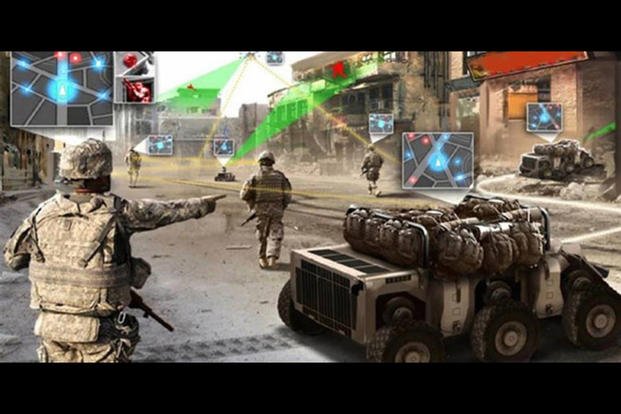
RMA can be broken down into three basic versions. This article will discuss these three versions and how they affect warfighting. It will also cover the impact cyber and information technologies can have on warfighting. The first version covers the traditional military. The second version focuses on the role of cyber and information technologies in warfighting.
RMA's three fundamental versions
The concept of the Revolution in Military Affairs (RMA) can have three fundamental versions: the technological, the political, and the social. Some scholars apply the term in reference to revolutionary technological developments. Other analysts place it in a specific context of economic and political development. RMA is a broad term with many implications.
It is most commonly used to refer to the development of advanced weapons and information technology, as well military organization and doctrine. Admiral William Owens is a former Vice Chairman of Joint Chiefs of Staff. The three basic versions of RMA include force assets which overlap. These overlaps include intelligence processing, network-centric warfare, and other areas.
The RMA is often viewed as a modernization or modification of military doctrine. However, it has deep rooted roots. For example, it was seen by the Soviets to be a military technological advancement. However, the United States saw the term in a different light. In particular, the development of air-defense systems was a response to the approach taken by the Soviets.
Information technology's impact
Lindsay's book is about the information practices and tactics of military personnel, but the case studies that Lindsay cites aren't always helpful. Many of these are examples of coalition warfare. However, the Iraq case may lend itself to a comparative study, where special operations forces of one country fight alongside troops of another. This comparison may help the military improve their information practices.
The complexity of military operations has been increased by the use of information technology. While information technology has reduced the time it takes to accomplish mission objectives it also increases potential casualties. Information systems play a key role in the development and use of sophisticated counterterrorism systems. For example: The U.S. drone-counterterrorism program has become far more complex than it was ever before.
Lindsay introduces a theory of information practice, which explains the relationship between information technology and military effectiveness. Information practice is "an organization's effort in coordination knowledge and control." This theory is based upon a two-by-2 model, which juxtaposes external problems and internal solutions and tracks the interdependence between these variables.
Impact of cyber technologies on warfighting
Cyber technologies are crucial in modern warfare. Cyberspace is increasingly central to military operations. It powers autonomous weapons like robots and artificial Intelligence. Cyber activates command and controlling networks, such Command and Information Systems (CIS), as well as cyber.
The unique threat perceptions, strengths and weaknesses of each country will likely influence the selection of technology to deploy in warfighting. While advanced technology may still be the preserve and exclusive domain of richer countries, it is possible for less developed countries to access low-cost automated tools and common cyber tools. Because they're less likely to rely on legacy systems, these countries could have an advantage over their counterparts and be able to invest in new technologies earlier than their opponents.
Future wars will be dominated by cyber technology. They can alter conventional military capabilities as well as disrupt civilian capabilities. They may also have an impact on the military's ability conduct operations in the real-world. These technologies are always in use and can cause minor disruptions or major disruptions. Although war is still a political-motivated and human-centered process by humans, cyber technology has changed the nature.